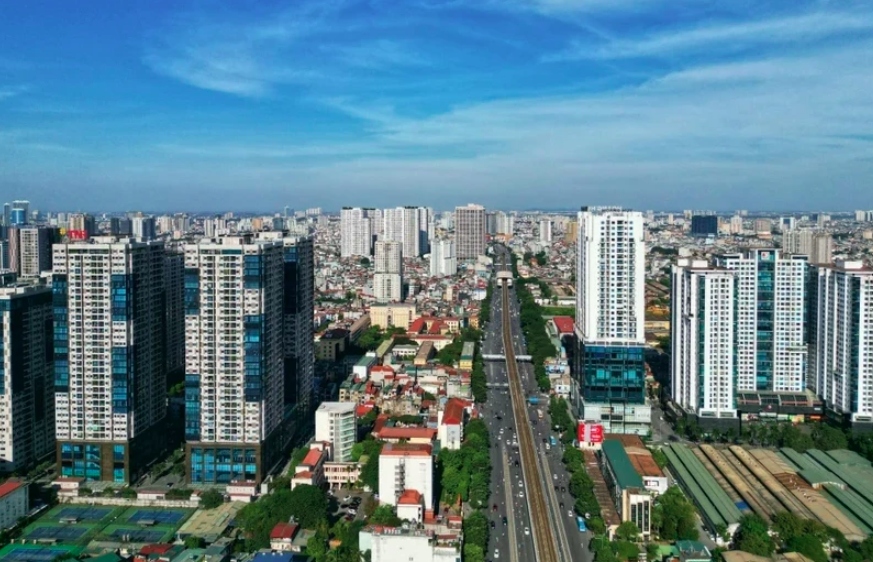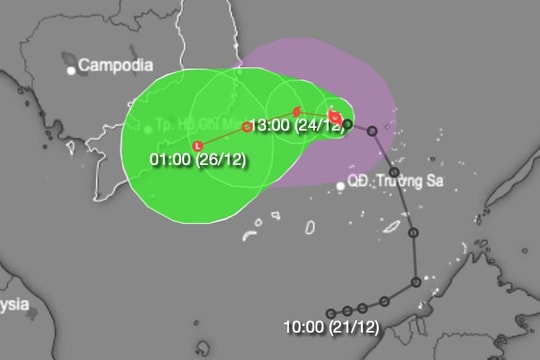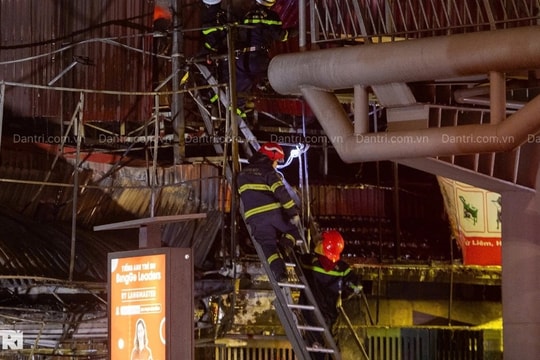The Savills Property Price Index shows that the office segment remained stable in both markets.
Specifically, in Hanoi, the residential index increased by 8 percentage points quarter-on-quarter to 142.5 points. This index has risen by 37% since bottoming at 104.1 in the third quarter of 2019. Prices averaged VND44 million per sq.m Net Sellable Area (NSA), increasing by 8% quarter-on-quarter.
The absorption reached 41% in the reviewed period, up 15 percentage points quarter-on-quarter and 27 percentage points over the same period last year.
Moving to the office sector, Hanoi's Grade A office occupancy remained stable at 88%, indicating resilience and potential for future growth. Mega projects had 71% of sales, reflecting continued demand for outlying areas, the agency said.
According to Savills experts, confidence and stability are returning to the real estate market against a background of low bank deposit rates and regulatory reform.
Hanoi’s office index registered 69 points, stable quarter-on-quarter and year-on-year. Grade A occupancy of 88% rose 3 percentage points quarter-on-quarter and 8 percentage points year-on-year. Grade B occupancy of 85% was stable quarter-on-quarter, while Grade C was 91% occupied.
Its Central Business District (CBD) index softened by 1 percentage point year-on-year while the non-CBD index was stable quarter-on-quarter at 81 points, an increase of 1 percentage point year-on-year.
HCM City’s residential index declined by 2 percentage points from the previous quarter to 123, following many project suspensions.
Primary prices in the southern economic hub fell by 3% quarter-on-quarter to VND67 million per sq.m.
The city's office index rose by 1 percentage point quarter-on-quarter and 2 percentage points year-on-year to 98 points. The CBD index increased by 1 percentage point over the previous quarter but dipped by 1 percentage point over the same period last year to 107 points.
The occupancy rate slipped by 1 percentage point quarter-on-quarter and 4 percentage points year-on-year to 90% because a new Grade A project, the Nexus, had a low occupancy of 55%.

























